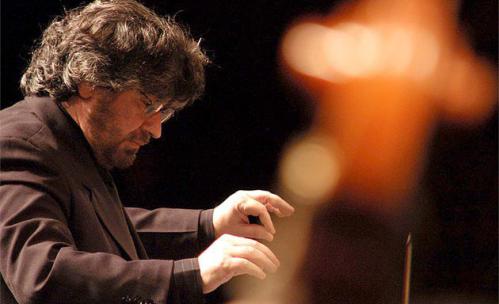 Marcio Malard
Marcio Malard
Perhaps he is the cellist who has served as leader of the Brazilian Symphonic Orchestra for the longest time: 38 years. Enough time to socialize with great conductors and legendary artists. Charles Dutoit, Eduardo Matta, Kurt Sanderling, Kurt Mazur, Antonio Janigro, Pierre Fournier, Leonard Rose, Janos Starker Paul Tortelier, Rostropovich, Claudio Arrau, Arnaldo Estrella, Mariuccia Iacovinno, Iberê Gomes Grosso. The latter his great master who – in addition to the unforgettable musical lessons – was the one who appointed him to replace the cello in the Quarteto Guanabara, on the occasion of the regrettable accident that culminated in the death of the great musician.
Since then, Marcio Malard has been working in Quarteto da Guanabara for 35 years.
Marcio Malard also develops an intense career as chamber musician and soloist in several Brazilian Orchestras, in addition a lot of performances with great names in Brazilian music, such as: Maysa Matarazzo, Maria Bethânia, Wagner Tiso, Milton Nascimento, Caetano Veloso, Chico Buarque, Nana Caymmi, among many other great names in MPB. He played with Tom Jobim in the Banda Nova group and traveled with him to Los Angeles, Portugal, Spain. As a teacher he taught at festivals in Curitiba, Ouro Preto, Brasília, Teresópolis, among others. Malard also performed as guest cellist for the World Philharmonic Orchestra on their tour of Japan under maestro Sinoppoli. He founded the Rio Cello Ensemble and also the Orquestra de Câmara Brasileira with maestro and composer José Siqueira. Malard recorded for Biscoito Fino label two discs that gave him great satisfaction: one with Wagner Tiso, his long-time partner and with Chico Lôbo “Tres Brasis”, a title that values Brazil's country of our violas in rural regional music of our cello and our clarinet, showing that riverside instruments can perfectly share with salon instruments, revealing a pleasant surprise.



